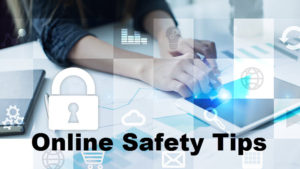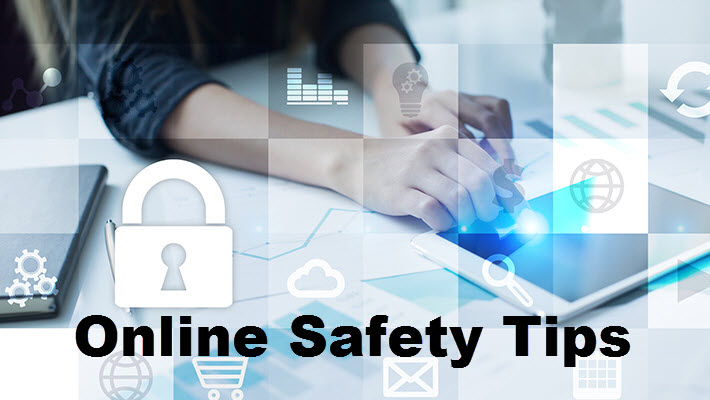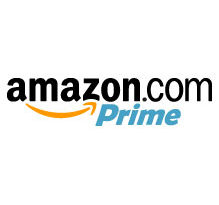5 Tips on online safety

Earlier this week, the UK highlighted the importance of online safety, an event to help tackle internet dangers to children and young people.
However, adults also need to be aware. Here are five tips on how your small business can stay safe online.
Use Antivirus Software
There is lots of antivirus software available from Amazon, Tesco, Currys and other online stores that you can purchase for under £50.
Norton, Kaspersky and McAfee are the most popular.
However, this doesn’t mean that your computer is entirely safe because antivirus software is only as robust as its last virus. With more and more people trying to use scams such as malware, the software needs to be better as the viruses get stronger.
You can also use Windows Defender or Mac Defender, free to use.
Clear your cache daily
Make sure that you clear your history at least once a day and never save any passwords in the cache. If someone hacks your computer, they will be able to log into your accounts, including information on bank accounts, purchases, and personal information about yourself.
I never save passwords on my computers, and I always clear the history daily. There is a free version of CCleaner that you can use.
I now use the middle version, which cleans the machine better.
CCleaner offers three options: the free version and the Professional version, priced at £19.95, but I got this option for £15.95 on offer. The CCleaner Professional Plus is the most expensive option, priced at £29.95.
The CCleaner Professional offers extra such as Real-time Monitoring, Scheduled Cleaning, Automatic Updates and Premium Support and the
You can download free trial versions of CCleaner and the CCleaner Professional.
Keep your social media accounts private with online safety
Always make sure that you keep your social media accounts private, and if you are a business, ensure that your funds are hack free so you don’t have to worry about online safety.
It’s impossible to keep accounts completely hack free, especially if you are a business and keep your tabs open to the public; however, you can put provisions and tools to stop this from happening, such as Logdog or LastPass.
Don’t share your passwords with anyone.
Never tell anyone or write down your passwords on anything your school friends or work colleagues can get hold of. Don’t even save them on your mobile phone or your computer.
The safest way to keep your passwords safe is to keep them in your head. However, if you forget passwords quickly, keep them somewhere safe where no one else has got access.
Do not open emails from unknown sources.
Last week I received two fake emails from a source pretending to be Apple and saying that my Apple ID would be compromised if I didn’t confirm my account details.
Straight away, I thought this email was a hoax because two of my email accounts received the same email, and Apple usually addresses the email to your name, and this email says “Dear Customer”.
Fake emails made me think that someone who is not aware of this can be duped into thinking that this was Apple.
Young children, teenagers, elderly pensioners, and middle-aged, brilliant people have probably opened or almost been tempted to open due to not being aware of online dangers and scams.
If you would like to share your tips on how your small business and online safety, comment below or join in the discussions on our social media accounts.


